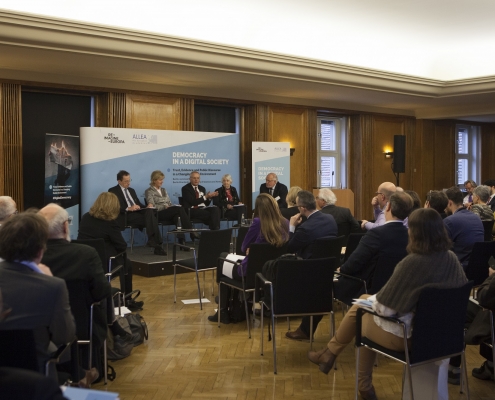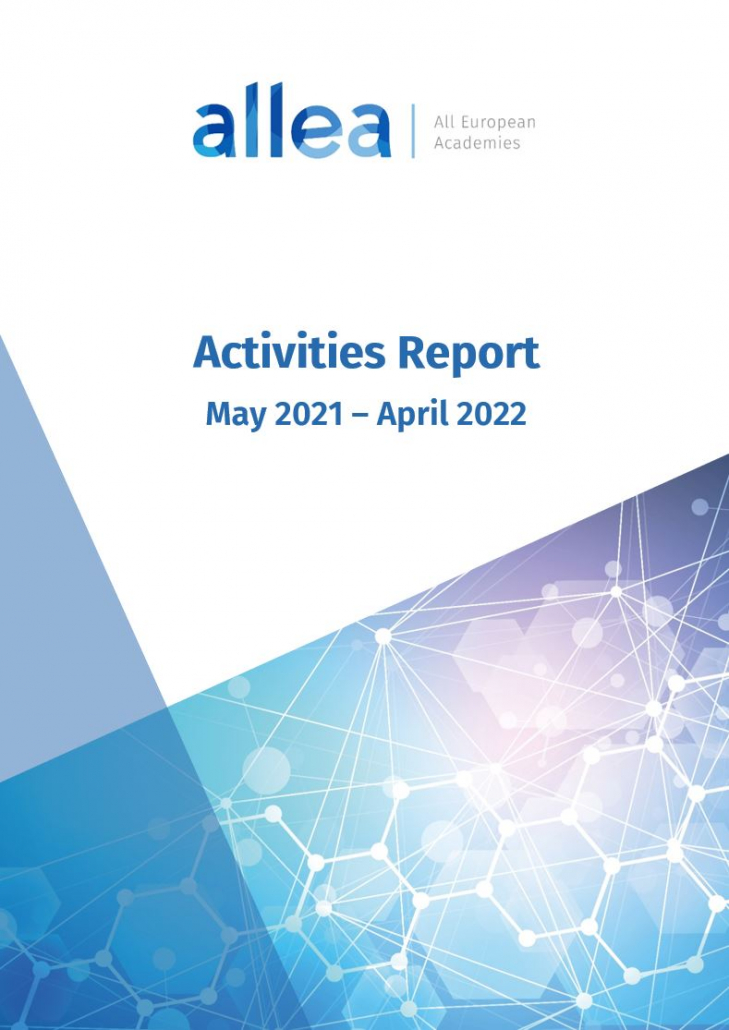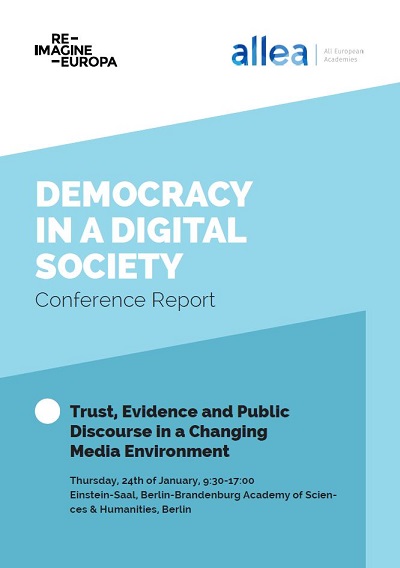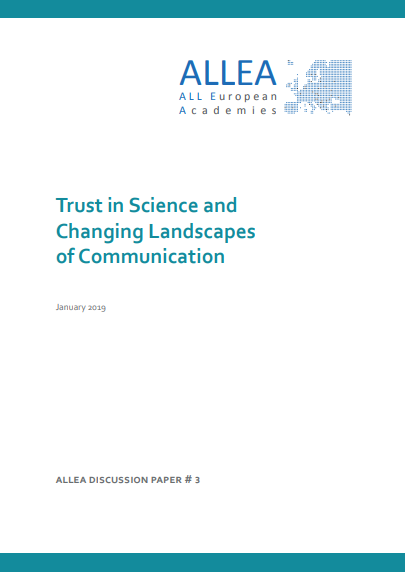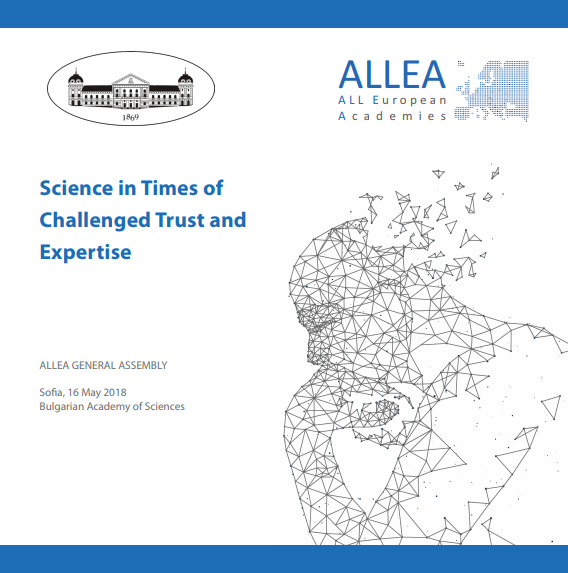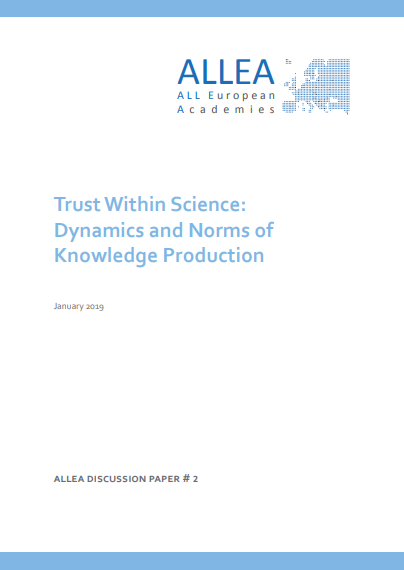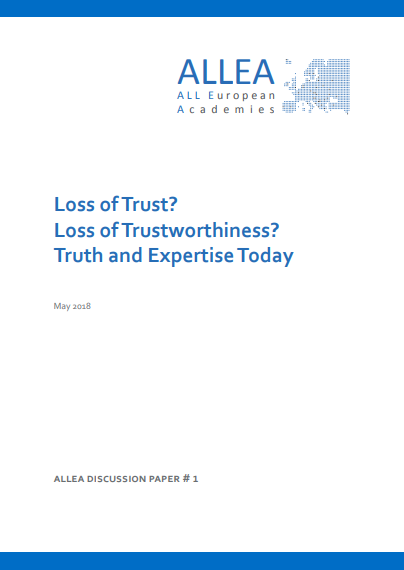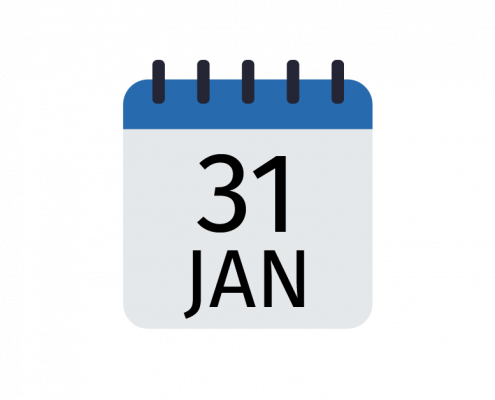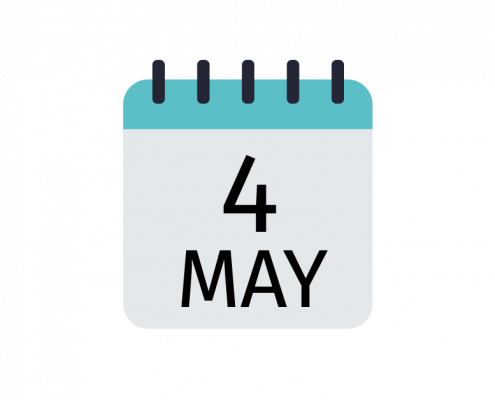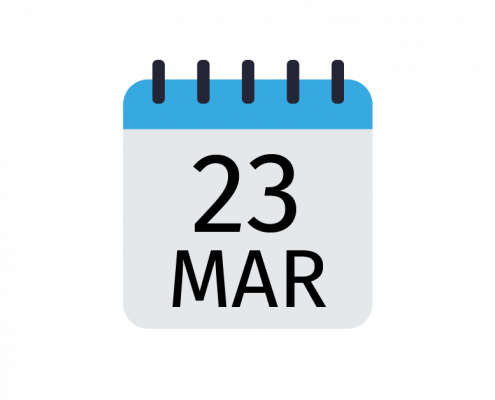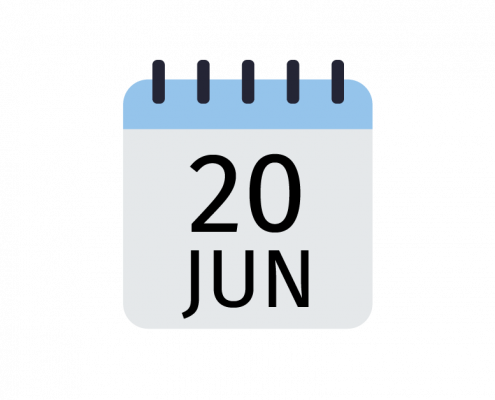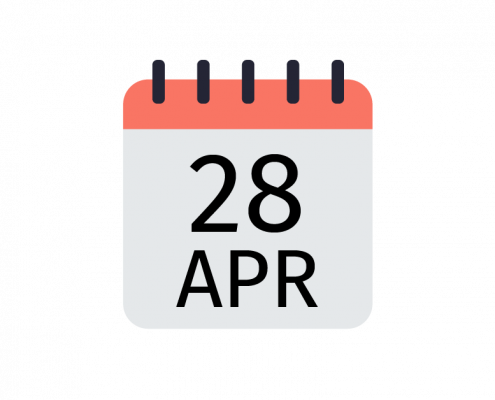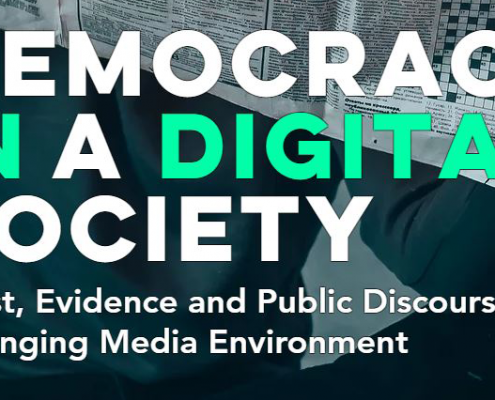Truth, Trust and Expertise
Public trust in evidence-based social institutions is a central pillar of a democracy. In recent times, however, both a dismissal of journalism and scientific facts, and a stronger scepticism in political institutions are apparently growing across Europe. This worrisome trend has been frequently related to, among other factors, a changing digital communication landscape. The impact of digitalisation may require new responses and mechanisms to sustain common ground and common sense in our public discourse.
At the core of European academies’ priorities is the promotion of the values of science and research, as well as the benefits of including scientific reasoning in public discourse. To comprehend the challenges ahead in a wider context of major social, political and cultural transformations, ALLEA seeks to provide a transnational platform for perspectives on the nature of and relationship between truth, trust and expertise in the field of science.
ALLEA Working Group on Truth, Trust and Expertise
ALLEA and its Member Academies have developed a series of publications, workshops and conferences to reflect and build upon the available expertise and find new responses to uphold the principles and values of science in times of contested expertise.
The ALLEA Working Group Truth, Trust and Expertise interrogated and explored current and past dynamics of public trust in expertise and the contested norms of what constitutes truth, facts and evidence in scientific research and beyond. The group was inspired by the initiative of the British Academy and developed its activities during 2017-2019.
Members of the Working Group
- Baroness Onora O’Neill (Co-Chair) – British Academy and Royal Society
- Ed Noort (Co-Chair) – Royal Netherlands Academy of Arts and Sciences (KNAW)
- Maria Baghramian – Royal Irish Academy
- José van Dijck- Royal Netherlands Academy of Arts and Sciences (KNAW)
- Luke Drury – Royal Irish Academy (RIA)
- Göran Hermerén – Royal Swedish Academy of Letters, History and Antiquities (KVHAA)
- Gloria Origgi – Institut Jean Nicod
- Christiane Woopen – Köln University
Contributing Experts
- Ash Amin – British Academy
- Yesim Arat – Science Academy Istanbul
- David Boucher – Learned Society of Wales
- Boris Grozdanoff – Bulgarian Academy of Sciences
- Katherine Hawley – Royal Society of Edinburgh
- Lisa Herzog – Global Young Academy
- Cathrine Holst – University of Oslo
- Vassil Kirov – Bulgarian Academy of Sciences
- Stephan Lewandowsky – University of Bristol
- Antonio Loprieno – Swiss Academies of Arts and Sciences
- Susan Owens – British Academy
- Mike Schäfer – University of Zurich
- Judith Simon – University of Hamburg
- Günter Stock – Berlin-Brandenburg Academy of Sciences and Humanities
- Nikolay Vitanov – Bulgarian Academy of Sciences
- Helen Wallace – British Academy
- Erika Widegren – Re-Imagine Europa
- Milena Žic Fuchs – Croatian Academy of Sciences and Arts
Democracy in a Digital Society: Trust, Evidence and Public Discourse
A full day conference co-organised with Re-Imagine Europa celebrated in Berlin on 24 January aimed to address some of the most pressing questions around the impact of digital transformations on democratic institutions in Europe and beyond. Considering recent events and the urgency to understand this complex relationship, renowned speakers from policy, academia, journalism and civil society came together to reflect on different aspects of political legitimation, societal trust, scientific evidence and public discourse in a rapidly changing media environment.
ALLEA Contact
Daniel Kaiser
Scientific Policy Officer
kaiser@allea.org



